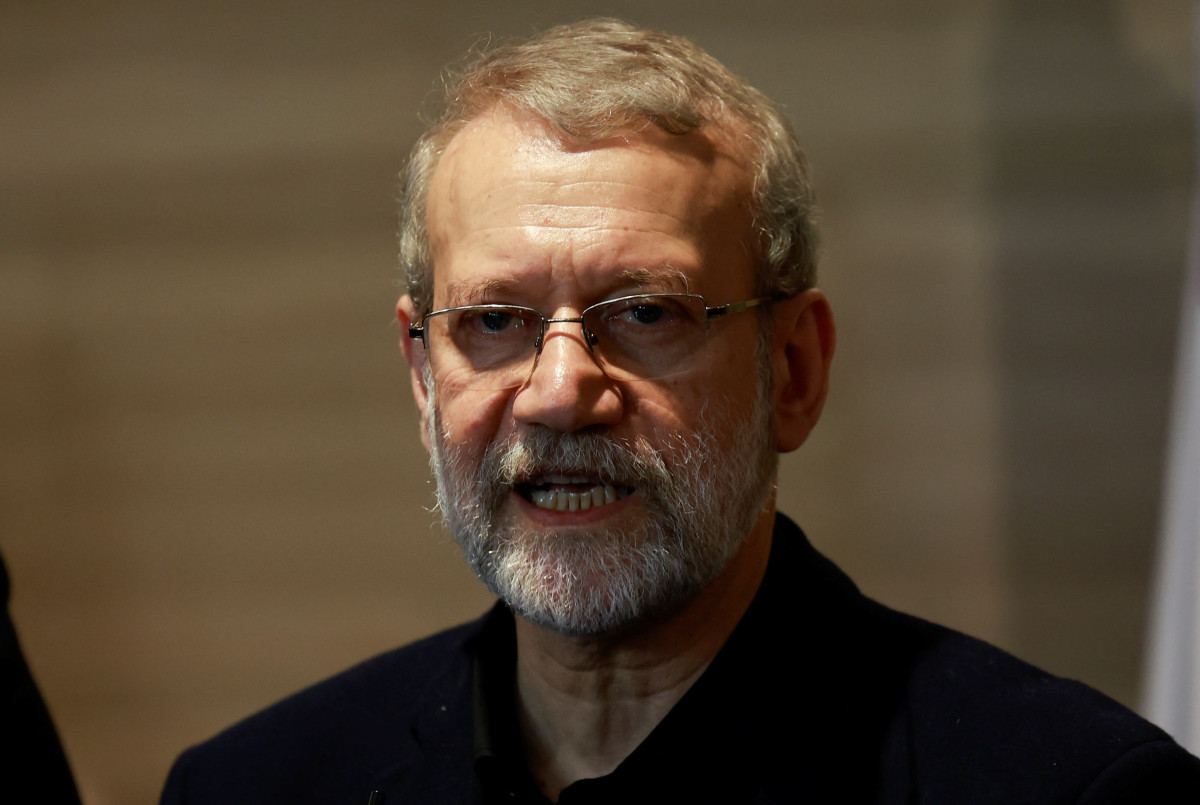The delegation that arrived in Lebanon yesterday (Friday), led by the senior advisor to the Supreme Leader of Iran, Ali Larijani received mixed reactions. On the one hand, the prime minister of Lebanon’s transitional government, Najib Mikati expressed to Larijani his support for the implementation of UN Resolution 1701 and the preservation of national unity. He emphasized the need to avoid steps that could deepen the divisions between the groups in the country. On the other hand, another meeting of Larijani with the Speaker of the Parliament, Navia Berry was described as more successful and optimistic, according to political sources.
It was announced on the Lebanese LBC channel that in response to a question about Israel attacking Berri’s birthplace in the town of Tavnin in southern Lebanon, as well as areas traditionally considered to support Berri, the Speaker of the Parliament said: “It seems that Israeli Prime Minister Benjamin Netanyahu believes that when he wants a concession from someone, he to pressure him… but he probably doesn’t know who he’s dealing with, and things like that ‘don’t work for us’.”
Larijani also dismissed the Israeli Prime Minister’s statements Benjamin Netanyahu On his ambitions to create a “new Middle East”, the Lebanese MTV channel reported. According to him, similar attempts were made in the past by the United States during the Second Lebanon War in 2006, but did not bear fruit. “The reality on the ground is controlled by those who are in the struggle, not by those who dream of change from their offices,” he added.
While in public the Iranian delegation declared its commitment to support Lebanon – its government, army and resistance movement – in practice claims were heard that behind the scenes meetings are being held that constitute direct interference in the country’s political movements. Sources said that such meetings, where steps were discussed to continue the Israeli-Lebanese struggle, were opposed by senior politicians, including And near Jonblattformer chairman of the Progressive Socialist Party, who refused to meet with the representatives of the delegation.
At the same time, commentators claim that Iran’s main goal is to hold Lebanon and the arena in Gaza as bargaining chips in future negotiations regarding the Iranian nuclear program. According to diplomatic sources, no breakthroughs in negotiations are expected in the near future, due to the new American administration’s preoccupation with internal consolidation.
Regarding the American proposal delivered to Parliament Speaker Berry, it was reported that Hezbollah expressed cautious support for its elements, but set three key conditions: the immediate withdrawal of Israeli forces from the areas occupied in southern Lebanon, the implementation of Resolution 1701 under the exclusive supervision of the Lebanese Army and UNIFIL, and the postponement of the discussion regarding For the status of farms Sheba came to a later stage. However, these conditions are expected to be met with resistance from Israel and the support of the United States, which increases the likelihood of continued escalation in the field.
Larijani referred to the American proposal document submitted to Berry regarding the cessation of hostilities in Lebanon. According to him, Iran supports the decisions made by the resistance and the leadership of Lebanon, and even suggested that some of the points proposed in the document may make progress in the future, if the United States and Israel do not try to change their goal. Regarding Hezbollah’s position, Larijani said that it is an organization with responsible and politically mature leadership, and that there is no need to give it advice – on the contrary, Hezbollah is the one that provides guidance and insights to those who need it.
He also added that the fighting in southern Lebanon proves the failure of the Israeli forces and the irrationality of their leadership. He also referred to the expected Iranian reaction following the recent Israeli attacks: “The conditions today are completely different from before. In the past we were content with firing about 200 missiles at Israel, but this time we are considering other, more significant measures.”
In the meantime, an unusual incident occurred at the Beirut airport, when a Lebanese security force prevented the entry of the Iranian delegation without a comprehensive security check. Despite political pressures, the commander of the security forces at the airport insisted on applying the procedures without compromise. Security officials clarified that the inspection does not stem from political considerations, but is based on the principles of preserving sovereignty and national security.
